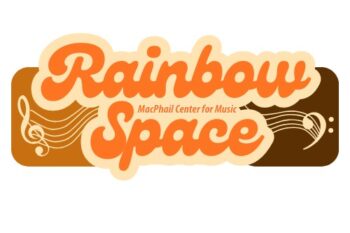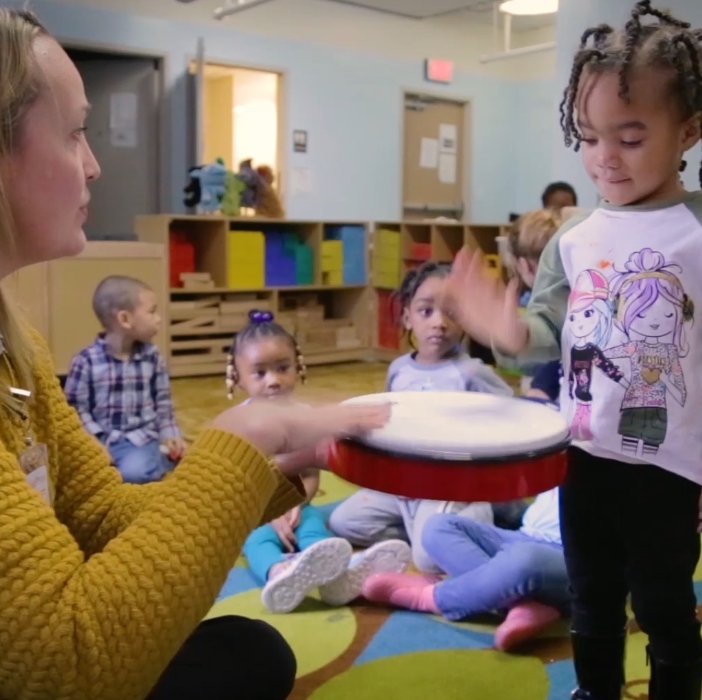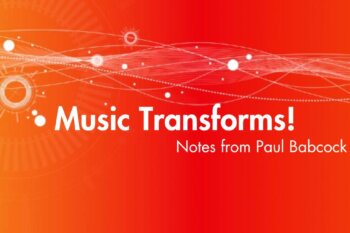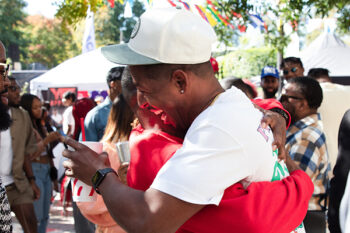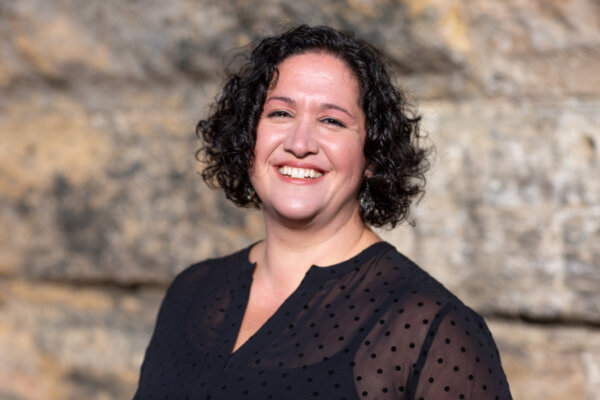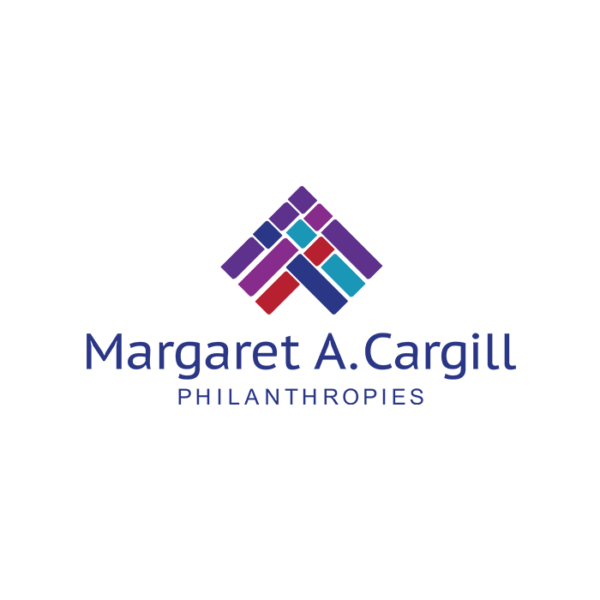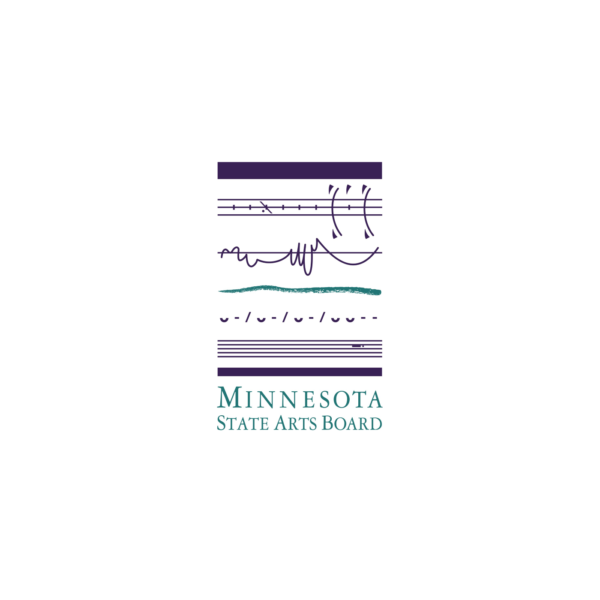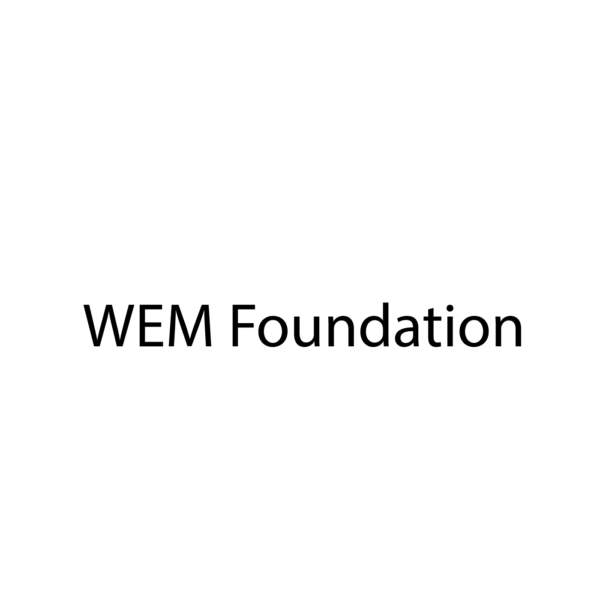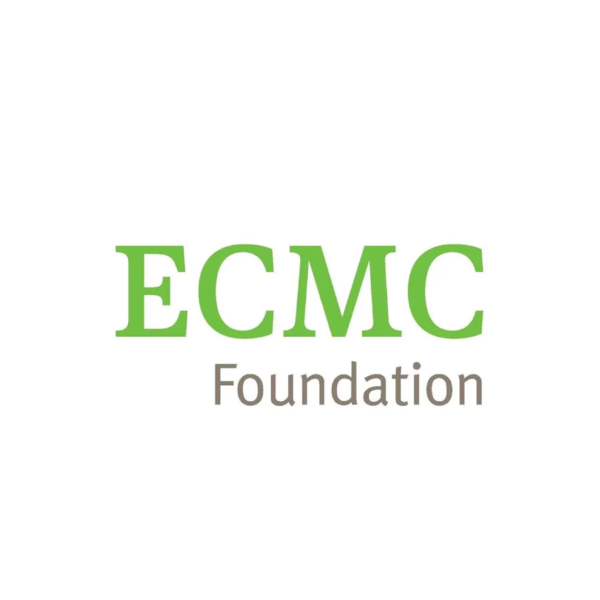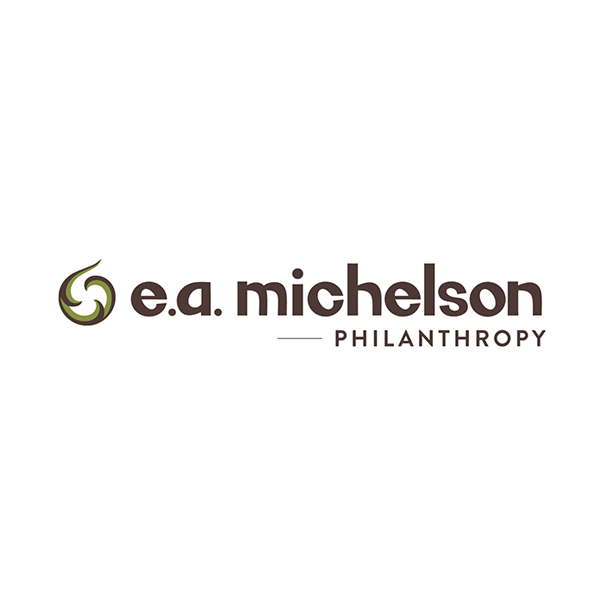Diversity, Equity & Inclusion Shared Terminology
The terminology around diversity, equity and inclusion is broad and still growing. Therefore, a common vocabulary to avoid misunderstandings, misinterpretations, or ableist language is needed at MacPhail. Words often have different meanings; depending on lived experiences words might hold different meanings for different people. The purpose of the DEI Shared Terminology is to create a living document around equitable and inclusive practices providing a starter guide framework that is constantly evolving to support terminology as a resource to all employees and students at MacPhail.
Person-first Language vs Identity-first Language
Disability is a natural part of the human experience, an aspect of human diversity like other areas of human variation, and at MacPhail, we value and respect our employees and students’ self-identity. Depending on one’s self-identity, they may prefer to use people-first language. People-first language places the emphasis on the person instead of on the disability when discussing most intellectual and developmental disabilities. For example, instead of saying “Down syndrome person,” it is preferable to say, “person with Down syndrome.”
Another perspective is for one is identity-first language. Identity-first language emphasizes that the disability plays a role in who the person is and reinforces disability as a positive cultural identifier. Identity-first language is generally preferred by self-advocates in the autistic, deaf, and blind communities. It is important to note that whether a person with a disability prefers people-first or identity-first language is not universal.
